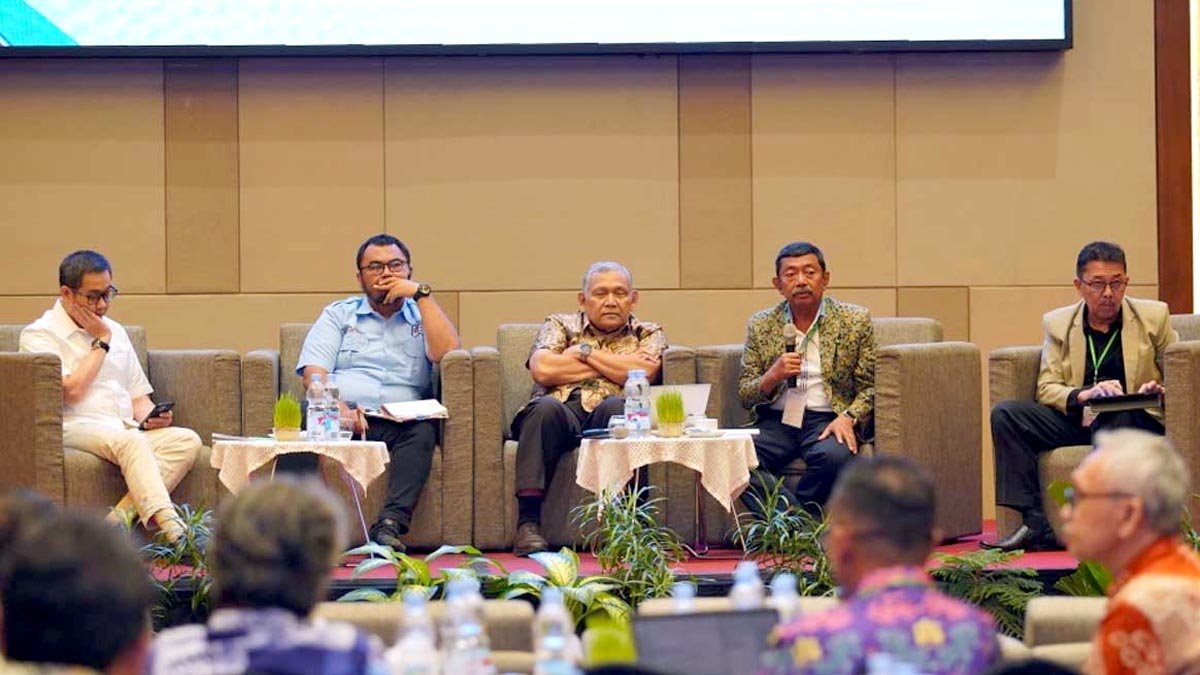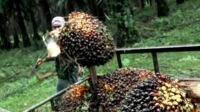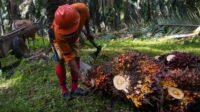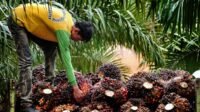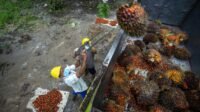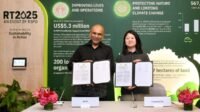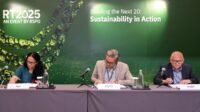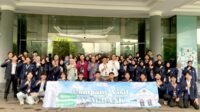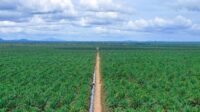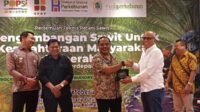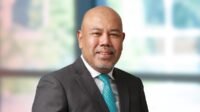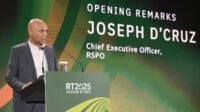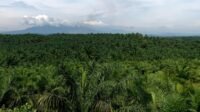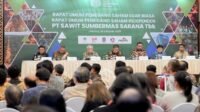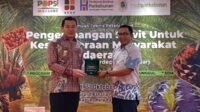PALMOILMAGAZINE, PADANG — Andalas University (UNAND) reaffirmed the vital role of academia in promoting a more sustainable palm oil industry. Through its Environmental Studies Center (PSLH), UNAND hosted the National Seminar on “Sustainable Palm Oil Industry Management” at The ZHM Premiere Hotel, Padang. The event was part of a series of activities within the National Conference and Working Meeting of the Environmental Studies Center Cooperation Board (BKPSL) and the Western Region Graduate School Leaders Forum (Forpimpas).
The seminar brought together key stakeholders from academia, government, and industry. Among the attendees were Prof. Aan Asphianto, Chair of Forpimpas Western Region; Prof. Anwar Daud, Chair of BKPSL; and Prof. Apt. Henny Lucida, Ph.D., representing the Rector of UNAND. The central government was represented by Nur Adi Wardoyo, Expert Staff to the Minister of Environment and Forestry (LHK), while the provincial government was represented by Febrina Trisusila Putri, Head of the West Sumatra Plantation, Food Crops, and Horticulture Agency.
According to Unand’s official website, as cited by Palmoilmagazine.com on Tuesday (Aug 5, 2025), Nur Adi Wardoyo emphasized that palm oil remains a strategic sector for Indonesia’s economy. “As the world’s largest palm oil producer, Indonesia contributes significantly through foreign exchange earnings, job creation, and regional development,” he said, noting that exports of vegetable fats and oils — including palm oil — reached an impressive USD 14.43 billion.
Also Read: Environment Minister Stresses Corporate Responsibility in Combating Forest and Land Fires in Riau
However, alongside these achievements come significant challenges. He highlighted issues such as deforestation, biodiversity loss, land conflicts, and industrial waste pollution. “Uncontrolled palm oil expansion, forest burning, and disputes with local communities must be addressed through sustainable approaches,” Nur Adi stressed.
As part of the solution, he advocated for the wider adoption of Indonesian Sustainable Palm Oil (ISPO) certification, improved waste management practices, forest conservation, and the strengthening of social forestry programs. He underlined that universities have a strategic role as centers for innovation and sustainability education in Indonesia.
Echoing these views, Prof. Apt. Henny Lucida praised the strong collaboration fostered through the forum. She underscored that cross-sector involvement — from ministries and local governments to businesses and academia — is a crucial foundation for building an environmentally responsible palm oil industry.
“We are optimistic that palm oil industry waste can be converted into renewable energy capable of replacing fossil fuels. This seminar is not only a platform for exchanging ideas but also a space to create tangible solutions for environmental sustainability in Indonesia and beyond,” she concluded. (P2)

